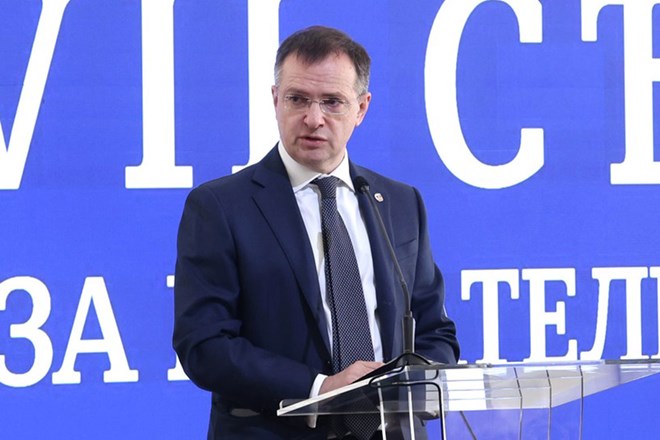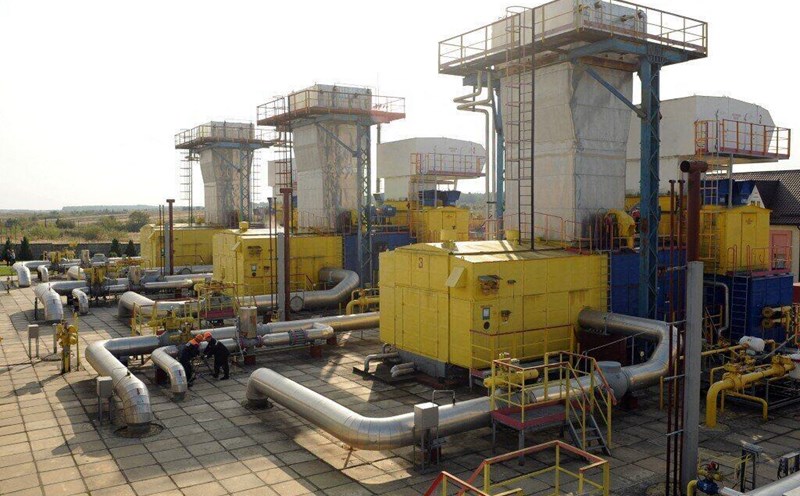On August 6, Russian President Vladimir Putin's adviser - Mr. Vladimir Medinsky - accused Kiev of deliberately delaying the process of exchanging prisoners when refusing to receive back thousands of Ukrainian soldiers being detained in Russia.
In a post on Telegram, Medinsky affirmed that Kiev is turning its back on 1,000 Ukrainian soldiers. "That is why the second exchange is so difficult and the third one has not yet begun," the Russian presidential adviser wrote.
RT even launched a website listing details of 1,000 Ukrainian prisoners - all of whom said they were abandoned by the regime of President Volodymyr Zelensky.
Mr. Medinsky also attached a link to RT's website in his Telegram article.
Not stopping there, the Russian presidential adviser continued to accuse Kiev of classifying prisoners when the Ukrainian soldiers were arrested, saying that the Kiev government coordinated to select only 50 or 100 special individuals per month to discuss with Moscow.
We have thousands of people here! Does he (oreign President Zelensky) really need us in Ukraine?" - a collective petition written by Ukrainian prisoners, aimed at asking the Zelensky regime to include them in the list of future exchanges.

Meanwhile, Ukraine's anti-counterfeiting (CCD) Center has dismissed the above information, saying it is part of Moscow's ongoing campaign to discredit Prisoner exchanges.
"This information is not true. Ukraine is determined to the principle of an 'all for all' exchange. On the contrary, Russia is trying to discredit this process and avoid formating it as a Prisoner exchange," CCD's announcement said.
Also on August 6, Russian President Vladimir Putin met with US special missionary Steve Witkoff - who arrived in Moscow on a "deciding diplomatic mission," as described by US President Donald Trump.
The talks are expected to last three hours at the Kremlin, with Russia calling them "a very useful and constructive conversation."
Trump also praised the results as "highly effective", writing on Truth Social that both countries will work to end the conflict "in the coming days and weeks".
Moscow, for its part, has repeatedly expressed its readiness to a peace deal but stressed that any deal must reflect the reality on the battlefield and address the root cause of the conflict.











